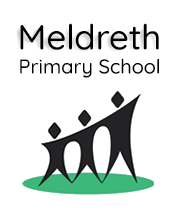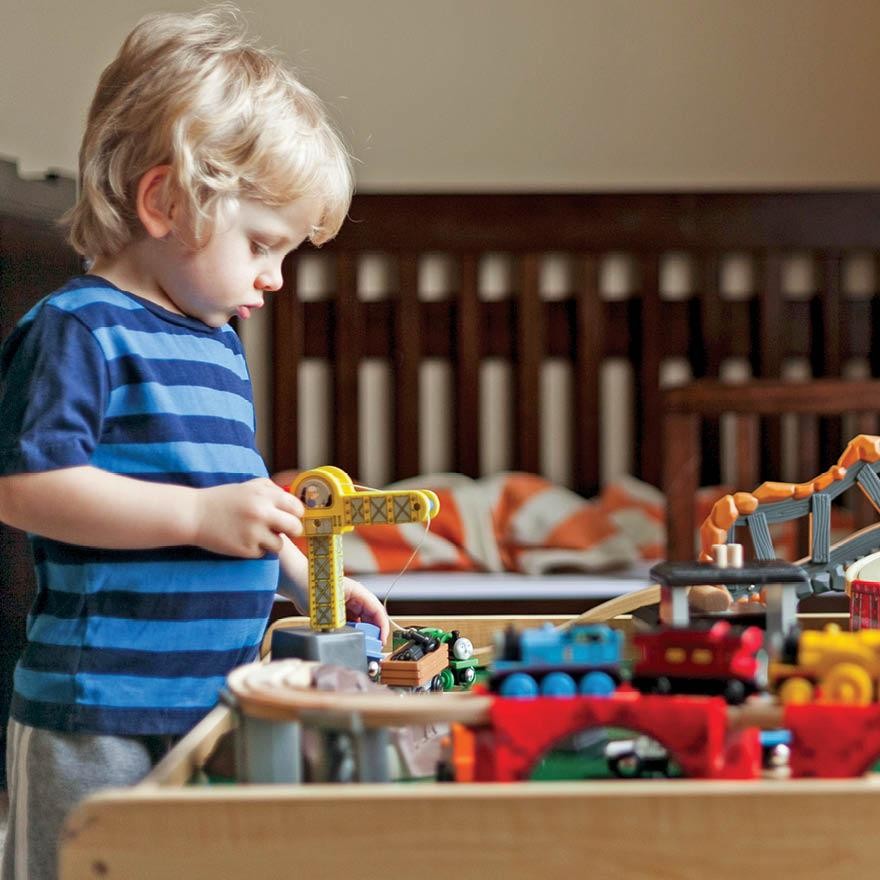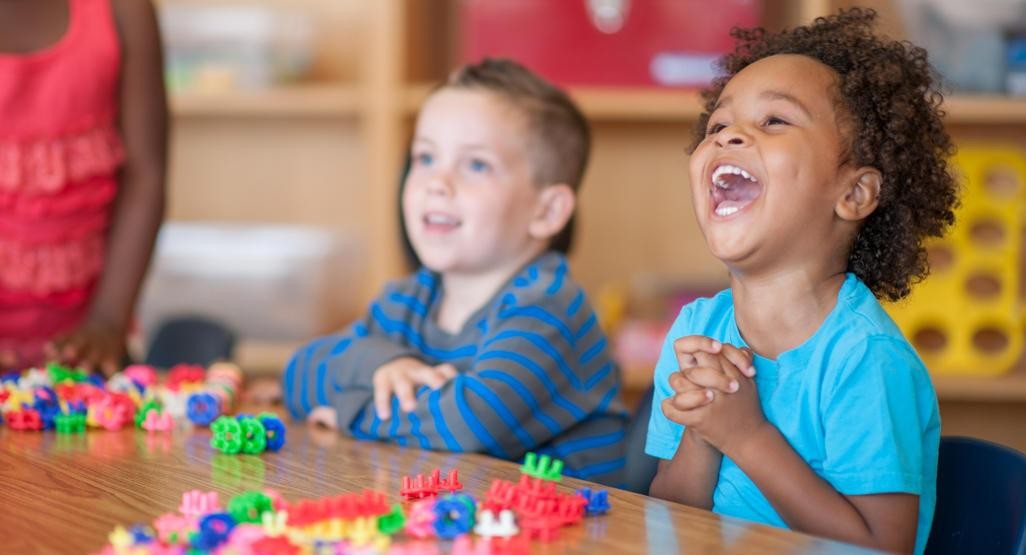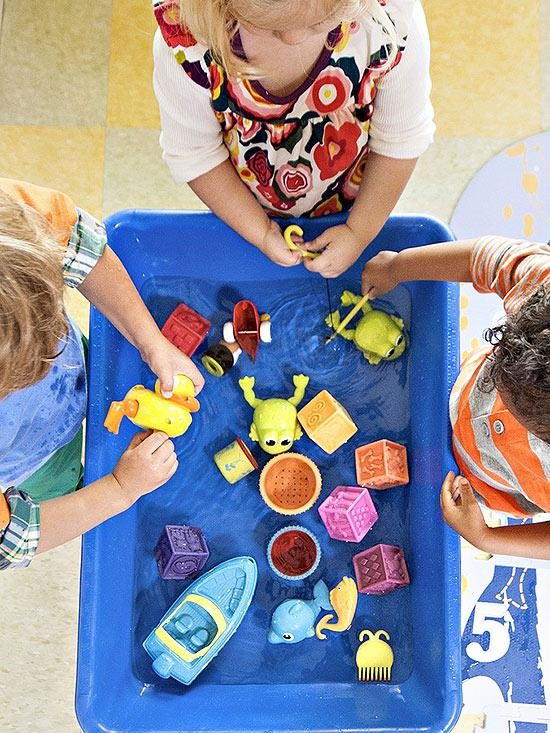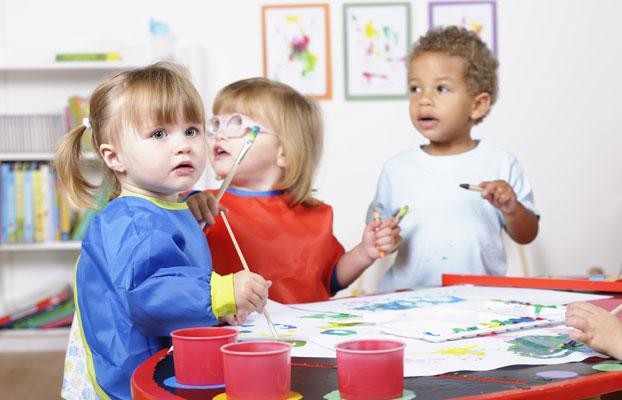Play helps young children to learn and develop their physical, social, emotional and intellectual skills through doing and talking, which research has shown to be the means by which young children learn to think. It is also how they learn to socialise, as children engage in learning through play experiences with other children and adults.
The Early Years Foundation Stage is a play based framework that we use as a tool to ensure that children from birth to five years are developing and learning to their full potential. We plan and provide a range of play activities, which help your child to make progress in each of the seven areas of learning and development. See our Early Years Curriculum.
Your child's key person will observe them to assess how they are learning and developing. This information, along with evidence from photographs, videos and work samples,is used to document your child’s progress and where this might be leading them. Staff will update you regularly through informal discussions when you collect your child. The following reviews of you child’s progress will also be shared with you, enabling you to work together to decide how to help your child to move onto the next stage of progress:
- Progress check at age two – when your child is aged between two and three years, your key person will work with you to prepare a summary of their development in the prime areas of learning.
- Early Years Foundation Stage Profile – as your child prepares to start school at age five, an Early Years Foundation Stage Profile (EYFSP) is completed to providing a review of your child’s progress as they come to the end of the EYFS. There are lots of opportunities for you to help your child grow and learn.
Parents can support their child’s development by choosing activities at home, which gives them a chance to explore and use their imaginations. The EYFS is a care and learning framework that all early years providers incorporate into their daily activities to ensure that children develop well and are kept healthy and safe.
The Early Years Foundation Stage has the following four guiding principles, which shape practice in our early years setting. These are:
- every child is a unique child, who is constantly learning and can be resilient, capable, confident and self-assured
- children learn to be strong and independent through positive relationships
- children learn and develop well in enabling environments with teaching and support from adults, who respond to their individual interests and needs and help them to build their learning over tim
Children benefit from a strong partnership between practitioners and parents and/or carers. importance of learning and development as children develop and learn at different rates. The framework covers the education and care of all children in early years provision, including children with special educational needs and disabilities (SEND).
The EYFS specifies requirements for learning and development and for safeguarding children and promoting their welfare. The learning and development requirements cover:
- The areas of learning and development which must shape activities and experiences (educational programmes) for children in all early years settings;
- The early learning goals that providers must help children work towards (the knowledge, skills and understanding children should have at the end of the academic year in which they turn five); and
- Assessment arrangements for measuring progress (and requirements for reporting to parents and/or carers).
